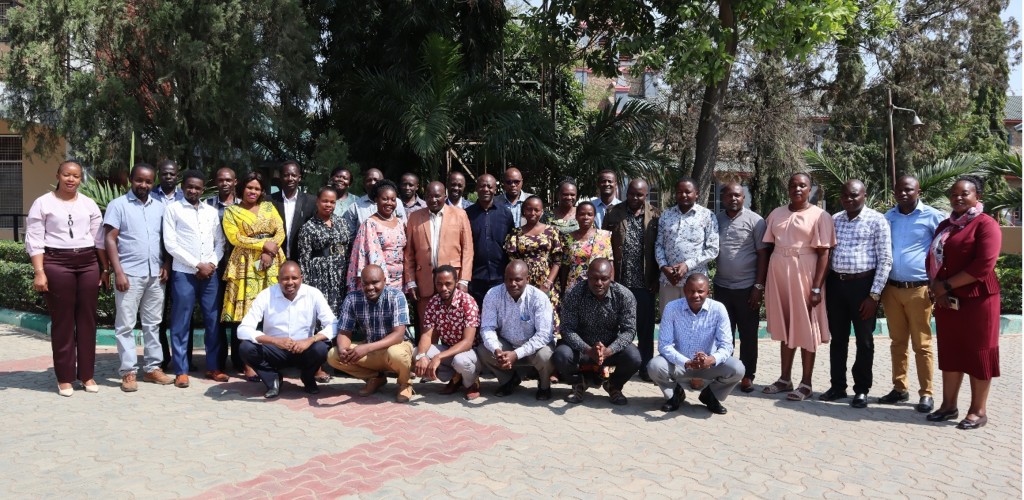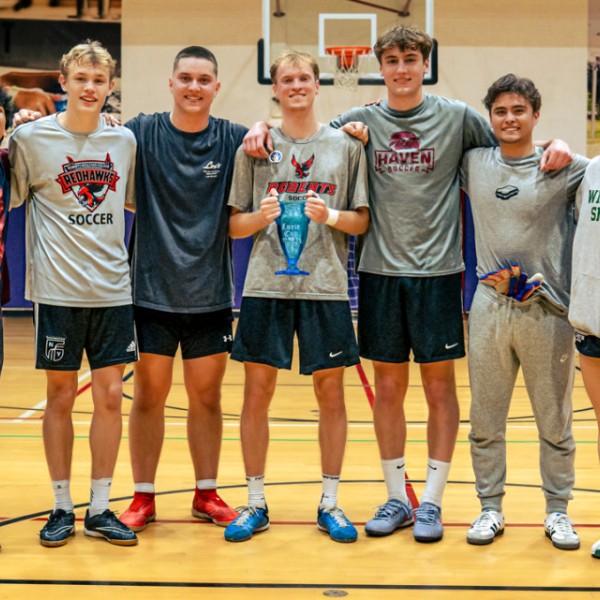The Muhogo Bora is a three-year project executed by Cornell University College of Agriculture and Life Sciences, and implemented by the International Institute of Tropical Agriculture (IITA) and Tanzania Agricultural Research Institute (TARI) together with Local Government Authorities in Tanzania. The project seeks to develop gender-responsive cassava seed systems in Tanzania with targeted outreach in the Western Zone. Specifically, the project aims to ensure that women, youth, and marginalized rural farmers from geographically underserved regions participate and benefit as cassava seed entrepreneurs (CSEs). Notably, from the first cohort of 68 trained CSEs in 2021, the majority were men accounting for 65%, while women accounted for 35%. Further disaggregation by age group shows that the proportion of youth and adult female CSEs was 11 % and 25% respectively, while that of youth and adult male CSEs was 6% and 58% respectively. It is against this backdrop that Muhogo Bora project is utilizing the gender and social inclusion lens by adopting a proactive approach to target at least 70% women and youth as CSEs in the recruitment of the second cohort (2022 recruitment). To achieve this goal, the project team led by Millicent Liani, a Post-Doctoral Gender Research Fellow, have developed a modified socially inclusive selection criteria for CSE recruitment as well as a screening questionnaire based on learnings from the BEST Cassava gender study, and insights garnered from the gender training workshop of the extension agents supporting the current cohort of CSEs. The goal is to increase women and youth participation as CSEs whilst addressing the local constraints that hinder their involvement.
To validate the model, the Muhogo Bora project team organized a workshop which was held on 16th August 2022 at Nazareth social hall in Tabora Region, aimed at sharing the model with the Regional and local government officials working in the Western Zone of Tanzania for discussion and feedback provision. Participants comprised of Regional Agricultural Advisors (RAAs); District Agricultural, Irrigation and Cooperative Officers (DAICOs); Regional Community Development Officers (RCDOs); and the District Community Development Officers (DCDO). Millicent presented the model while reiterating that the second phase of CSE recruitment (end of 2022) should target those farmers who are interested in cassava cultivation and seed production; are trusted by the community, are hardworking, and committed to managing the seed multiplication field (someone who sets goals and accomplishes them); those who are ready to be formally registered by the Tanzania Official Seed Certification Institute (TOSCI) as certified Cassava seed producers. She also noted that the project will also involve spouses and family members of female and youth CSEs throughout the CSE cycle of engagement to strengthen their awareness of gender and youth-based constraints and encourage their support.
The model was well received by the workshop participants, and who agreed to aid with the identification and selection of the right CSEs in their respective regions as well as provide support with the implementation of various actions towards enhancing gender and social inclusivity within the project’s lifetime. Indeed, this validation workshop was considered by the officials working in the agricultural sector as instrumental for strengthening linkages by working together with actors in community development matters, who noted that this was a step in the right direction towards accomplishing the project’s overall goal.
Thereafter, the project team embarked on a two-day activity of piloting the model with farmers drawn from Kigwa Ward, located in Uyui District found within Tabora Region, to determine it’s feasibility for the selection of CSEs for cohort II (2022 recruitment). Detailed information about this activity can be found in the field report.





